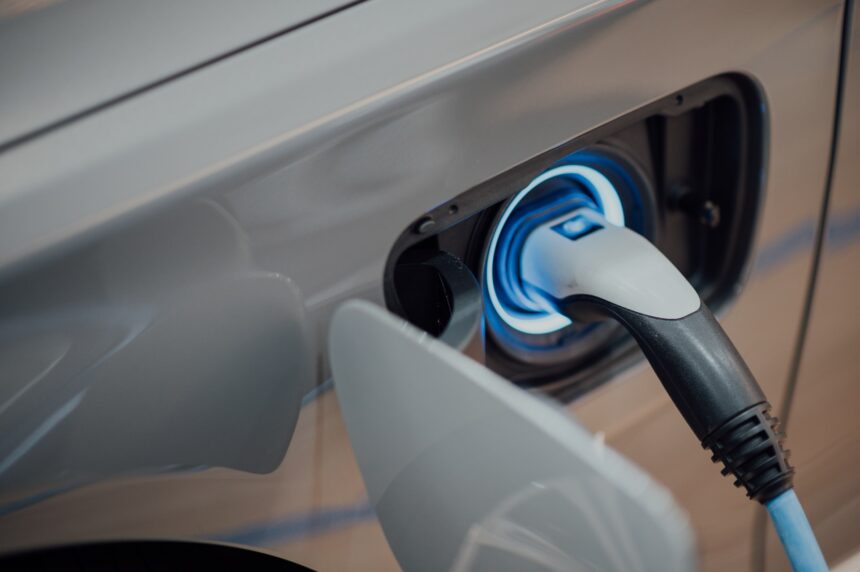The Korea Advanced Institute of Science and Technology (KAIST) is at the forefront of developing cutting-edge technology for electric vehicle (EV) batteries. Their latest innovation is a new technology that can diagnose and monitor the state of batteries with high precision using only small amounts of current. This breakthrough is expected to maximize the long-term stability and efficiency of EV batteries.
The research team at KAIST, led by Professors Kyeongha Kwon and Sang-Gug Lee from the School of Electrical Engineering, has developed electrochemical impedance spectroscopy (EIS) technology. This technology allows for the evaluation of battery efficiency and loss by measuring impedance magnitude and changes in a battery. It is an essential tool for assessing the state of charge (SOC) and state of health (SOH) of batteries, as well as identifying thermal characteristics, predicting battery life, and determining the causes of failures.
Traditional EIS equipment is expensive and complex to operate, making it challenging to use in practice. The KAIST research team addressed this issue by developing a low-current EIS system that can diagnose the condition and health of high-capacity EV batteries with precision. This system uses low current disturbances (10mA) to minimize thermal effects and safety risks during the measurement process.
Furthermore, the system is designed to be easily integrated into vehicles, minimizing bulky and costly components. It has been proven effective in identifying the electrochemical properties of batteries under various operating conditions, including different temperatures and SOC levels.
Professor Kyeongha Kwon, the corresponding author of the research, highlighted the significance of this technology for electric vehicles and energy storage systems (ESS). He stated, “This system can be seamlessly integrated into the battery management system (BMS) of electric vehicles, providing high measurement accuracy while reducing costs and complexity compared to traditional high-current EIS methods. It has the potential to improve battery diagnosis and performance for both electric vehicles and energy storage systems.”
In conclusion, KAIST’s innovative EIS technology is a game-changer in the field of EV battery management. With its high precision, low current requirements, and easy integration, this technology is set to revolutionize the way we diagnose and monitor the state of electric vehicle batteries for maximum efficiency and safety.







